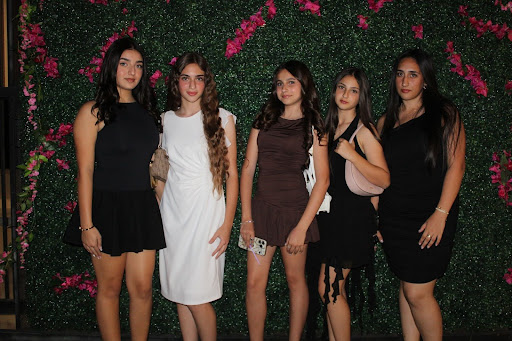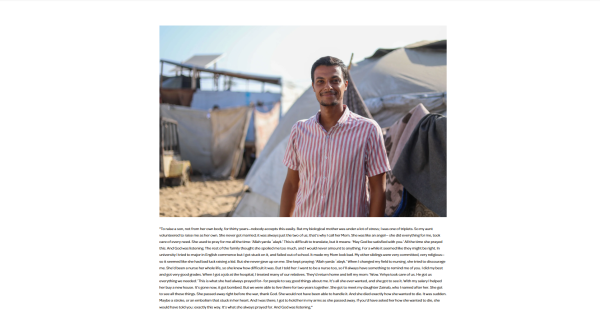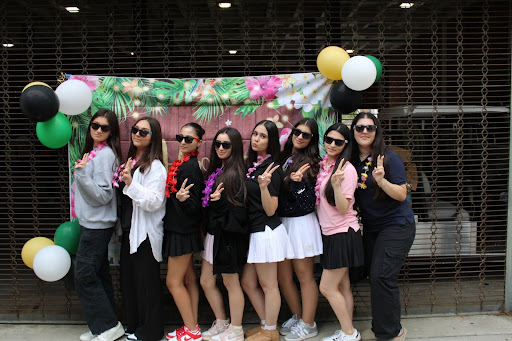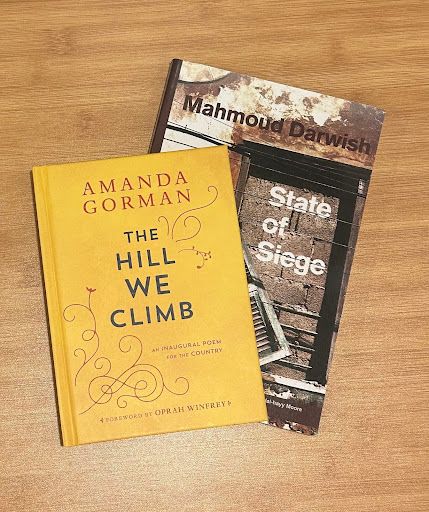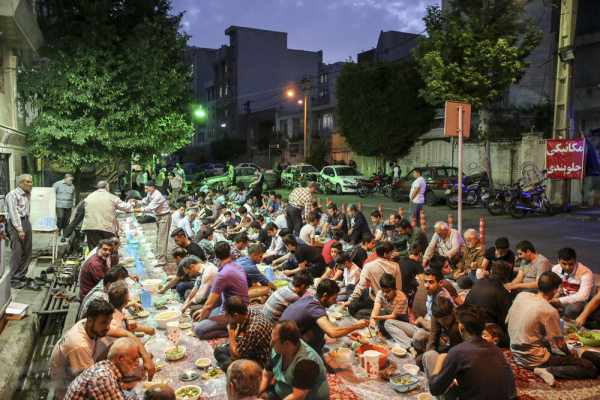The Impact of Immigration on Culture and Family
There are many ways in which non-citizens can immigrate to America, including visas, DV-lottery, and asylums. They all bring their own conflicts but the impacts on culture and family are generally the same.
Immigration is discussed a lot in America, the country that has a high rate of 50.6 million immigrants as of 2023. In all of the conflicts that this particular topic brings, one of the things that is least talked about is how it affects people’s cultural identities and their ties to their families.
Immigration happens for various reasons. Many people are willing to put themselves through the harsh process to chase “The American Dream,” while others are trying to escape war and political or economic unrest. For these reasons, nationalist immigrant parents sometimes find themselves worried about the environment their children will grow up in and how it will affect their connection to their roots.
Cultural identity is one of the hardest topics that young immigrants have to worry about. There exists a constant worry in some that they will disappoint their parents and nationality by adopting “too much” American culture. At some point in high school, many students find themselves wondering about their identity, and that involves culture. This topic causes internal conflicts in teens who grew up in more than one culture. Ms. Minasyan, the Armenian Language teacher at Clark, sees a great interest in culture and history in Armenian students. Life in America and life in another country is extremely different. “Kids are afraid to lose their culture because they mature in a different one,” Ms. Minasyan said.
Junior Divinia Dilsizian, although not considered an immigrant, is very familiar with the experience and has a story of her own. Dilsizian was born in Glendale, California., but grew up in Lebanon surrounded by her family and friends since she was one year old. “People worried less there. I liked it there, it is where I grew up,” Dilsizian said.
Glendale and Los Angeles are extremely diverse cities. Many Armenians consider themselves lucky to be able to live around these cities because they are able to gather together and be comfortable in their community. While for many, the distance and unfamiliarity that comes with immigration might strip them of their culture, in Dilsizian’s case, it brought her closer to her Armenian culture. “In Glendale there are a lot of Lebanese people, so I’m used to the cultural environment…but I’ve gotten closer to my Armenian culture,” Dilsizian said.
Traditions are one of the things that help immigrants feel a connection with their roots. The distance and the unfamiliar environment in a different country sometimes make it difficult for immigrants to consistently follow traditions and not lose touch with their native history. In many cases, this may leave one with guilt that leaving their native land has somehow stripped them of who they used to be culturally.
In many countries, such as Armenia, Lebanon, and Mexico, family is held at an immense value; people keep extremely strong connections with their extended family. Events and celebrations are usually packed with relatives and friends; they believe that this brings them together, yet it also makes moving away an extremely difficult process for most. America provides an opportunity which cannot be found everywhere, to learn your language and be able to keep in touch with family. Despite this, the facetimes and messages are sometimes just not enough for everyone to maintain the strong bond they had and fill the void of missing their close ones.
Adults and teenagers who immigrate at a stage where they have already established their identity have an even harder time accepting the changes in their surroundings. “Even people who have become citizens… they feel ‘forever immigrant’,” Ms. Minasyan said. It is challenging to integrate a culture with customs and values that do not correspond to those you’ve been raised with your whole life. “People who live in Armenia feel more comfortable with adopting European cultural norms, but when they are in a different country, the fear that they will lose it [their culture] makes them more protective of their own and more resilient against adopting new cultural norms and changes in values,” Ms. Minasyan said.
These conflicts concerning identity and family linger sometimes during people’s whole lives. Because of the difficulty that comes with revealing and trying to deal with these conflicts, many immigrants choose to put them aside and prioritize other issues that also come with immigration.
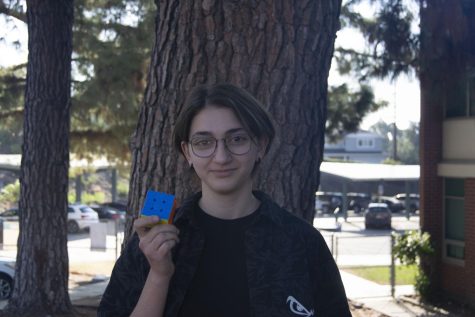
Interests/hobbies? Cooking, baking, arts and crafts.
Dream Destination? Norway
In 20 years... I'll be zen and enjoying life.
Favorite Fictional...




